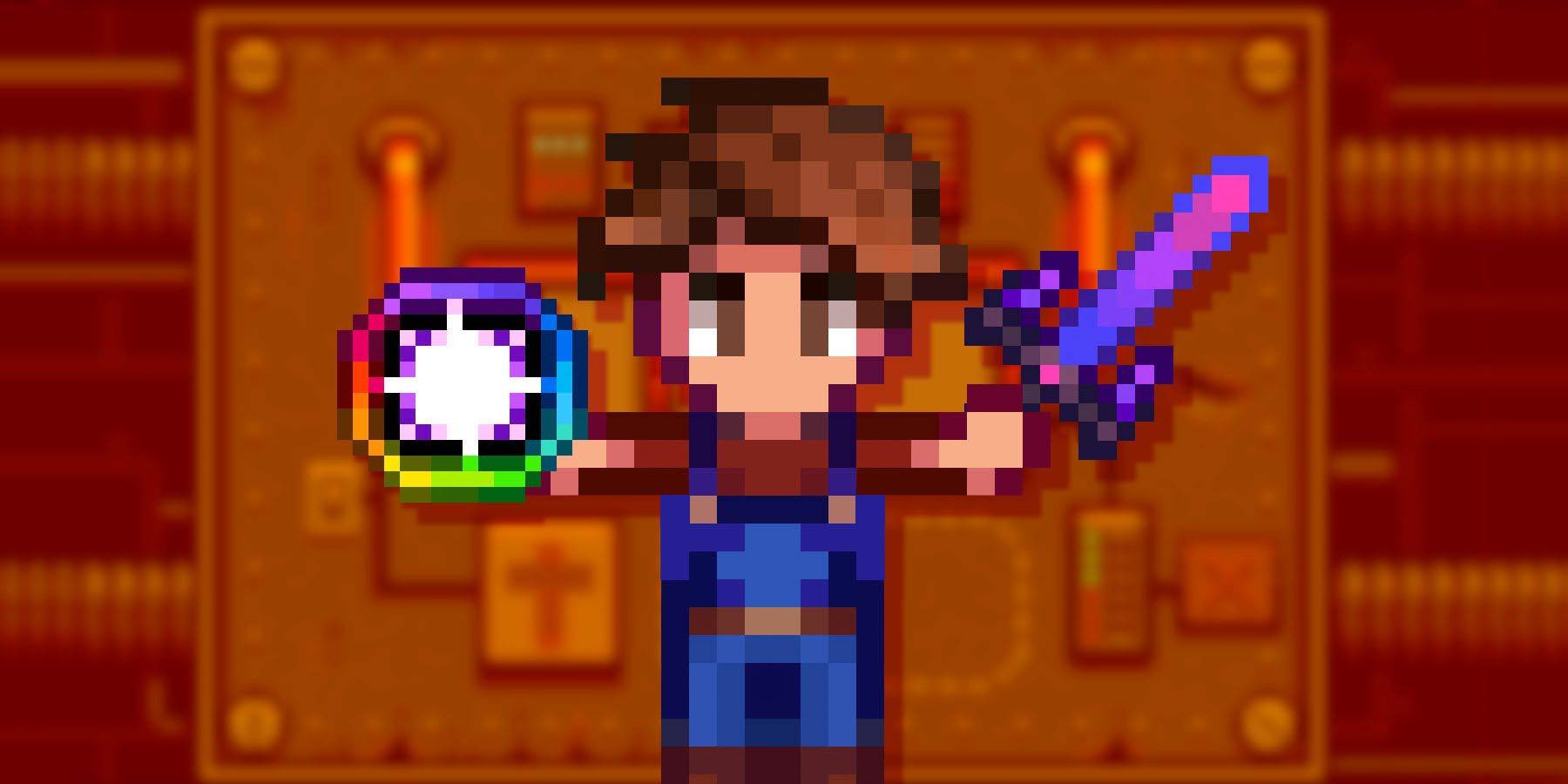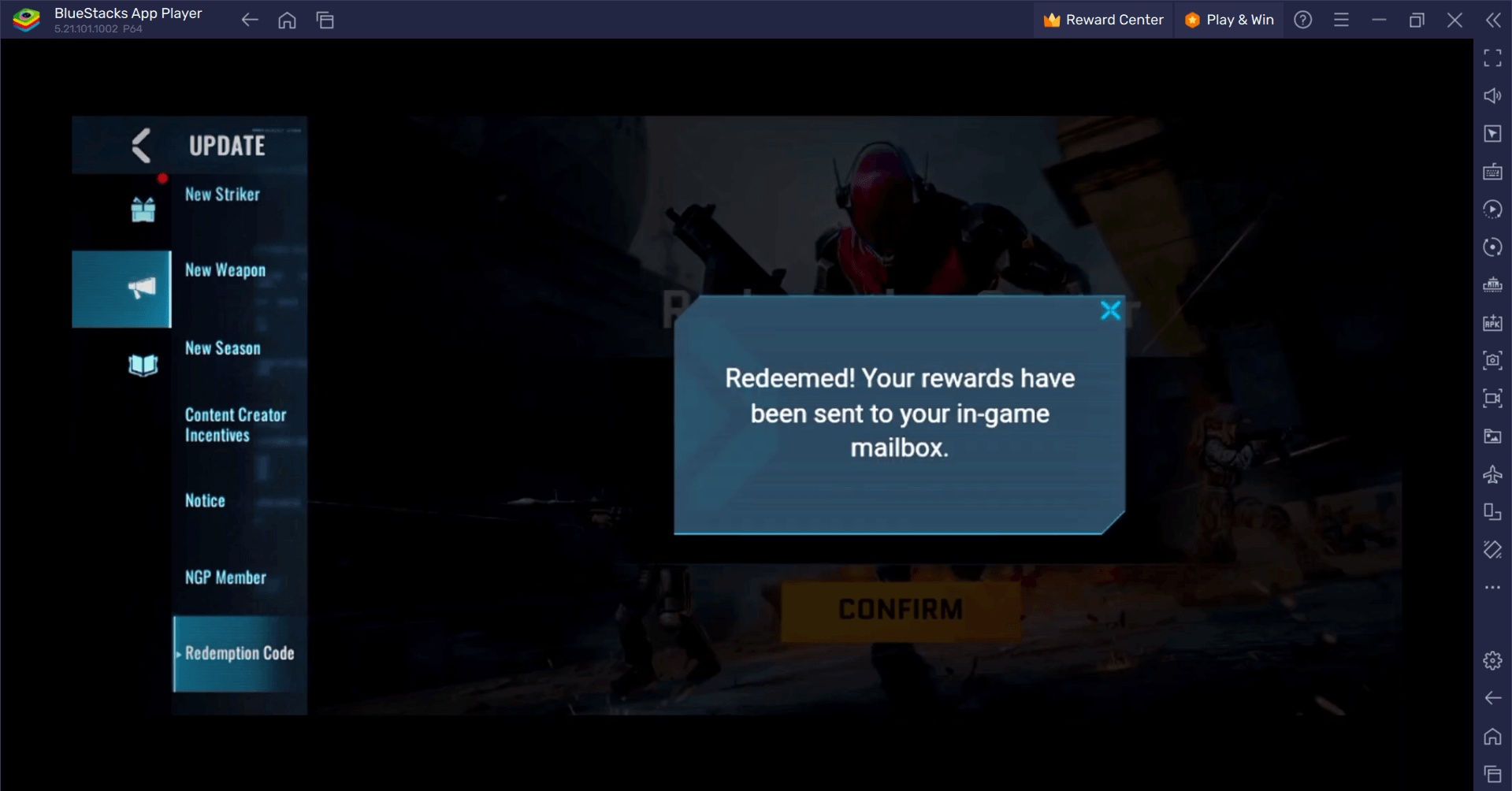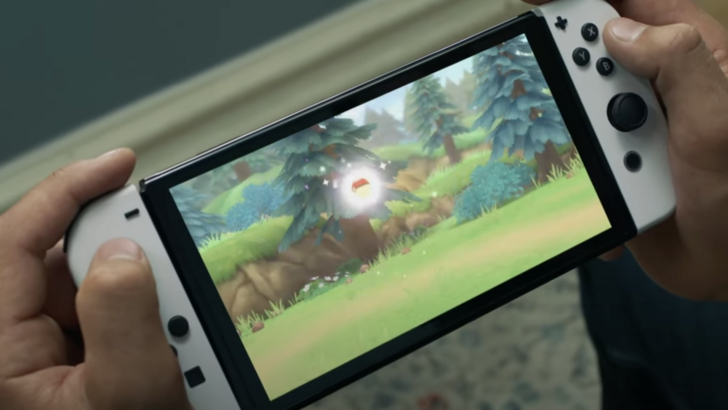Home > News > Japan Arrests First Alleged Nintendo Switch Modder, Marking New Era in Video Game Piracy
Japan Arrests First Alleged Nintendo Switch Modder, Marking New Era in Video Game Piracy
Video game piracy has entered a new era with the first arrest in Japan for modifying Nintendo Switch hardware. On January 15, a 58-year-old man was arrested on suspicion of violating the Trademark Act, as reported by NTV News and translated by Automaton. He allegedly modified Switch consoles to run pirated games by welding modified parts to the circuit boards of second-hand consoles. These altered consoles, loaded with 27 illegally accessed games, were sold for ¥28,000 (approximately $180) each. The suspect has confessed to the charges and is under investigation for other potential violations.
Nintendo has been at the forefront of combating video game piracy. In May 2024, the company issued a takedown request for 8,500 copies of the Switch emulator Yuzu, following its initial lawsuit against creator Tropic Haze. The lawsuit highlighted that the $70 game, The Legend of Zelda: Tears of the Kingdom, Nintendo's flagship release of 2023, had been pirated over a million times before its official launch. Such legal actions are increasingly common as companies strive to curb piracy.
Nintendo's efforts have also led to successful lawsuits against the game file sharing website RomUniverse, resulting in damages of $2.1 million in 2021 and over $12 million in 2018. Additionally, Nintendo blocked the GameCube and Wii emulator Dolphin from being released on the PC game platform Steam.
This week, Koji Nishiura, Assistant Manager of Nintendo's Intellectual Property Division, shed light on the company's stance on piracy and emulation. He stated, "To begin with, are emulators illegal or not? This is a point often debated. While you can’t immediately claim that an emulator is illegal in itself, it can become illegal depending on how it’s used." This underscores Nintendo's ongoing battle against piracy and the complexities surrounding the legality of emulation.
-
1
![Roblox Forsaken Characters Tier List [UPDATED] (2025)](https://imgs.ksjha.com/uploads/18/17380116246797f3e8a8a39.jpg)
Roblox Forsaken Characters Tier List [UPDATED] (2025)
Mar 17,2025
-
2

Roblox UGC Limited Codes Unveiled for January 2025
Jan 06,2025
-
3

Stardew Valley: A Complete Guide To Enchantments & Weapon Forging
Jan 07,2025
-
4

Pokémon TCG Pocket: Troubleshooting Error 102 Resolved
Jan 08,2025
-
5

Free Fire Characters 2025: Ultimate Guide
Feb 20,2025
-
6

Blood Strike - All Working Redeem Codes January 2025
Jan 08,2025
-
7

Blue Archive Unveils Cyber New Year March Event
Dec 19,2024
-
8

Roblox: RIVALS Codes (January 2025)
Jan 07,2025
-
9

Cyber Quest: Engage in Captivating Card Battles on Android
Dec 19,2024
-
10

Delta Force: A Complete Guide to All Campaign Missions
Apr 09,2025
-
Download

A Simple Life with My Unobtrusive Sister
Casual / 392.30M
Update: Mar 27,2025
-
Download

Random fap scene
Casual / 20.10M
Update: Dec 26,2024
-
Download
![Corrupting the Universe [v3.0]](https://imgs.ksjha.com/uploads/66/1719514653667db61d741e9.jpg)
Corrupting the Universe [v3.0]
Casual / 486.00M
Update: Dec 17,2024
-
4
Ben 10 A day with Gwen
-
5
Oniga Town of the Dead
-
6
A Wife And Mother
-
7
Cute Reapers in my Room Android
-
8
Permit Deny
-
9
Utouto Suyasuya
-
10
Roblox














